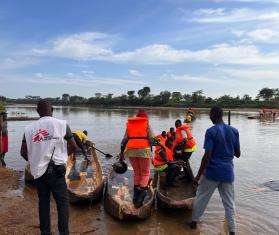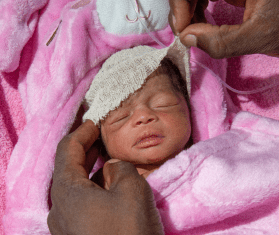CAR also has one of the highest HIV prevalence rates in the Central African region. Antiretroviral coverage is low, and the disease is a leading cause of death among adults. MSF continues to expand access to treatment—including for patients with advanced HIV—and improve patient follow-up to ensure adherence to treatment by supporting Ministry of Health staff.
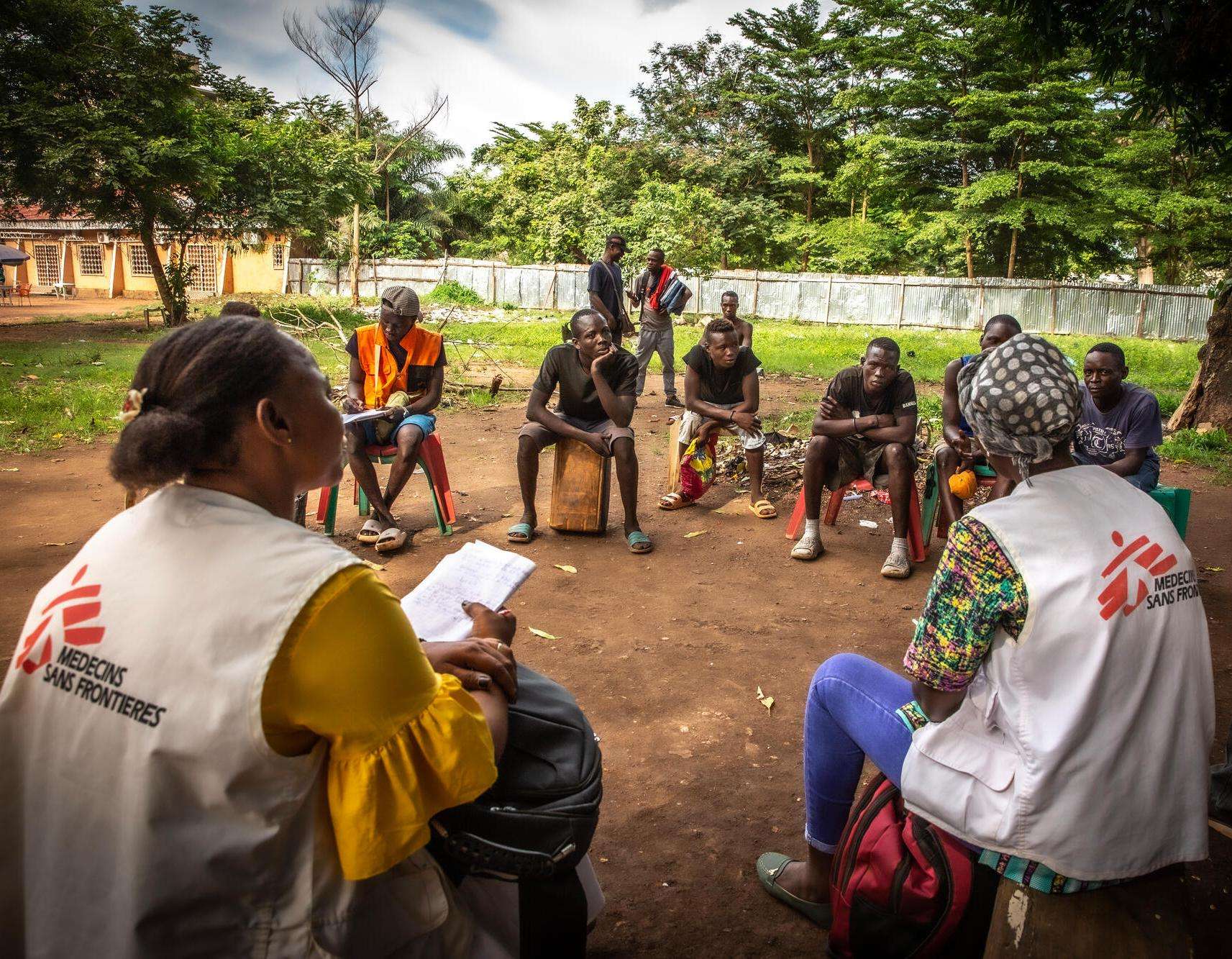
CAR 2023 © Juan Carlos Tomasi/MSF
Central African Republic
Years of conflict, displacement, and limited access to health care have led to dire circumstances.
MSF launches emergency response after explosion in Bangui
Our work in Central African Republic
The security situation remains volatile in several regions of Central African Republic (CAR), a country with some of the world’s worst health indicators and where millions of people have no access to health care. With many health facilities in CAR partially or totally non-functional, Doctors Without Borders/Médecins Sans Frontières (MSF) plays a crucial role in delivering essential care in the country, specifically in the regions of Bambari, Bangassou, Bangui, Batangafo, Bossangoa, Bria, and Carnot.
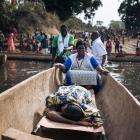
What's happening in Central African Republic?
The health care system in CAR remains critically weak due to shortages of trained personnel and medical supplies, and an overall lack of health facilities. Even where health care is available, many people die from preventable diseases because they are unable to afford treatment. In rural areas, the health care facilities where MSF teams work are often the only places offering free medical care.

How we're helping in Central African Republic
MSF provides a broad range of medical services, supporting health facilities with emergency surgery, intensive care, pediatrics, neonatology, intensive nutrition, treatment for HIV and tuberculosis (TB), and sexual and reproductive health care. We have implemented new approaches to care in Bangassou and Batangafo by expanding community-based services through training for traditional birth attendants on family planning and community health workers on malaria, diarrhea, and respiratory infections.
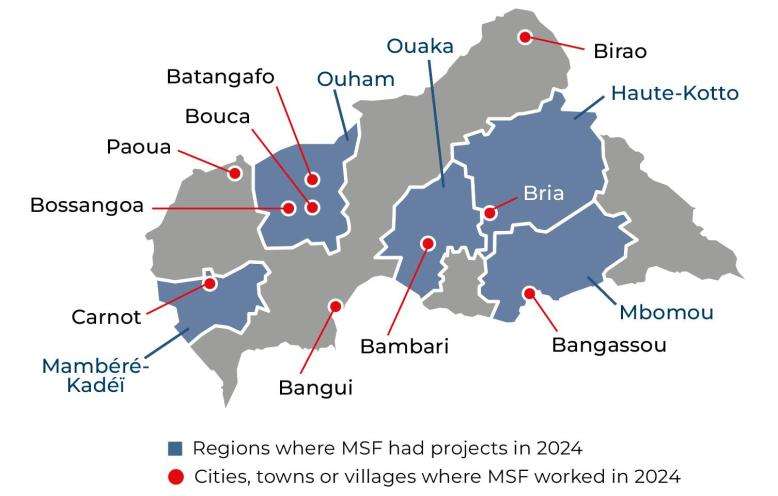
How we're helping
543,600
Outpatient consultations
10,300
People receiving HIV antiretroviral treatment
324,800
Malaria cases treated
4,820
People treated for sexual violence
*Data from MSF International Activity Report 2024
More news and stories
Learn about MSF’s journalistic roots and our commitment to bear witness and speak out about the plight of the people we treat.
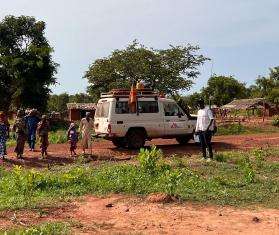
Story Aug 07, 2024
Filling the gaps in health care access in Bambari, Central African Rep...
Read moreLearn about MSF’s journalistic roots and our commitment to bear witness and speak out about the plight of the people we treat.
